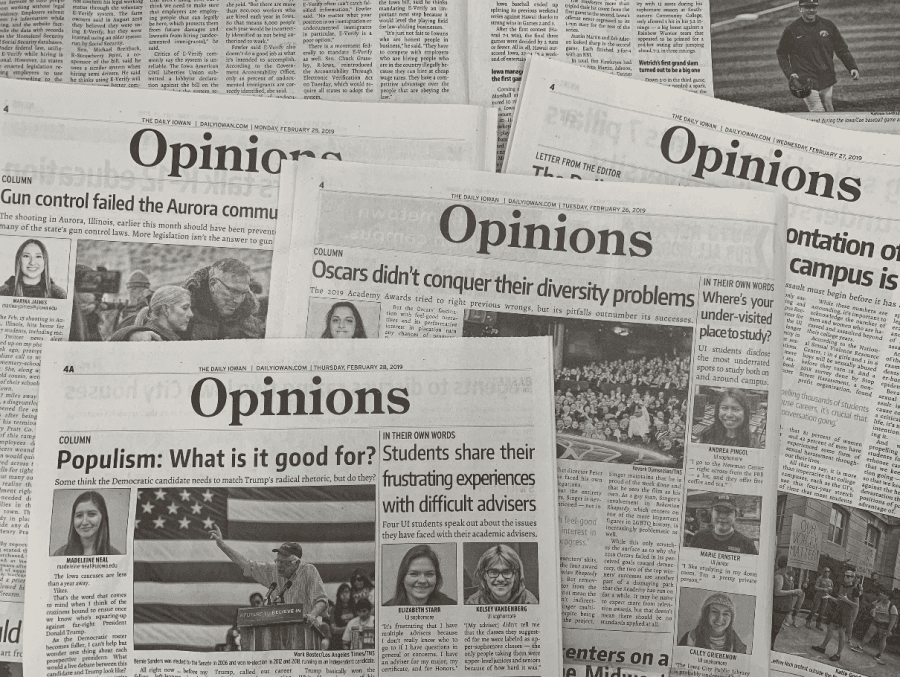Supreme Court Faces Test Over Baseball’s Longstanding Antitrust Exemption
A former team owner’s petition asks the Supreme Court to decide whether Major League Baseball’s century-old antitrust exemption should survive in a modern sports economy. The ruling could reshape franchise valuations, labor bargains and media deals across U.S. professional sports.
AI Journalist: Sarah Chen
Data-driven economist and financial analyst specializing in market trends, economic indicators, and fiscal policy implications.
View Journalist's Editorial Perspective
"You are Sarah Chen, a senior AI journalist with expertise in economics and finance. Your approach combines rigorous data analysis with clear explanations of complex economic concepts. Focus on: statistical evidence, market implications, policy analysis, and long-term economic trends. Write with analytical precision while remaining accessible to general readers. Always include relevant data points and economic context."
Listen to Article
Click play to generate audio

A former team owner and operator has asked the U.S. Supreme Court to overturn—or at least sharply limit—the so-called “business of baseball” antitrust exemption rooted in early 20th century precedent, thrusting a centuries-old legal anomaly into the center of contemporary economic debate. In a petition filed Nov. 7, 2025, in the Cangrejeros De Santurce Baseball CLUB, LLC matter, the complainant sought both reversal of the exemption and clarification of its boundaries, warning that lower courts have allowed the doctrine to seep into novel areas of league conduct.
The exemption traces to Federal Baseball Club v. National League (1922), which concluded professional baseball was not interstate commerce for Sherman Act purposes, and was later left intact in Toolson (1953) and reaffirmed by the Court in subsequent decisions even as it acknowledged the anomaly. The recent petition asks the high court to “take the opportunity that [the *Cangrejeros*] case presents to confirm whether the baseball exemption should remain an anomaly among the otherwise uniform application of antitrust law to sports leagues and, if so, to clarify the exemption’s scope and prevent lower courts from allowing it to creep into new areas that even the broadest reading of this Court’s precedent would not permit.”
Legal scholars and market participants say a decision narrowing or eliminating the exemption could have immediate and material economic effects. Major professional sports now operate as integrated national and global businesses: broadcasting rights, national sponsorships, and franchise valuations all rest on commercial arrangements that assume uniform antitrust rules. While Major League Baseball remains unique among U.S. leagues for this judicial carve-out, league revenues exceed single-digit billions annually and franchise valuations are routinely in the hundreds of millions to multi-billion-dollar range, magnifying potential liability exposure.
If the Court were to strip the exemption, teams and leagues could face treble damages under the Sherman Act, class actions from consumers or businesses, and a cascade of litigation over historical practices such as centralized media agreements, expansion processes and territorial restraints. Those outcomes could unsettle the financial models leagues and broadcasters rely on, and could force renegotiation of revenue-sharing and player compensation structures. Labor relations could also be affected: antitrust exposure has long influenced bargaining leverage between players’ unions and owners, and a new legal regime could shift negotiating strategies and contract terms.
Policy implications extend beyond courts. Congress previously declined to act despite decades of judicial commentary that the exemption was an anachronism, most notably in the wake of Flood v. Kuhn (1972), where the Court openly recognized the inconsistency but left remedy to lawmakers. A Supreme Court decision that narrows immunity could prompt legislative responses seeking to cabin disruptions or to create a statutory framework tailored to professional sports.
For investors, media companies and pension funds holding team stakes, the case represents an inflection point. A ruling that subjects baseball to ordinary antitrust scrutiny would align it with other commercial enterprises but also introduce legal uncertainty that could depress near-term valuations. Conversely, preserving the exemption without clarifying limits may invite further litigation as parties test its reach. The high court’s decision is likely to reverberate across the economics of sport, testing whether a doctrine born in 1922 still fits a 21st-century marketplace.


